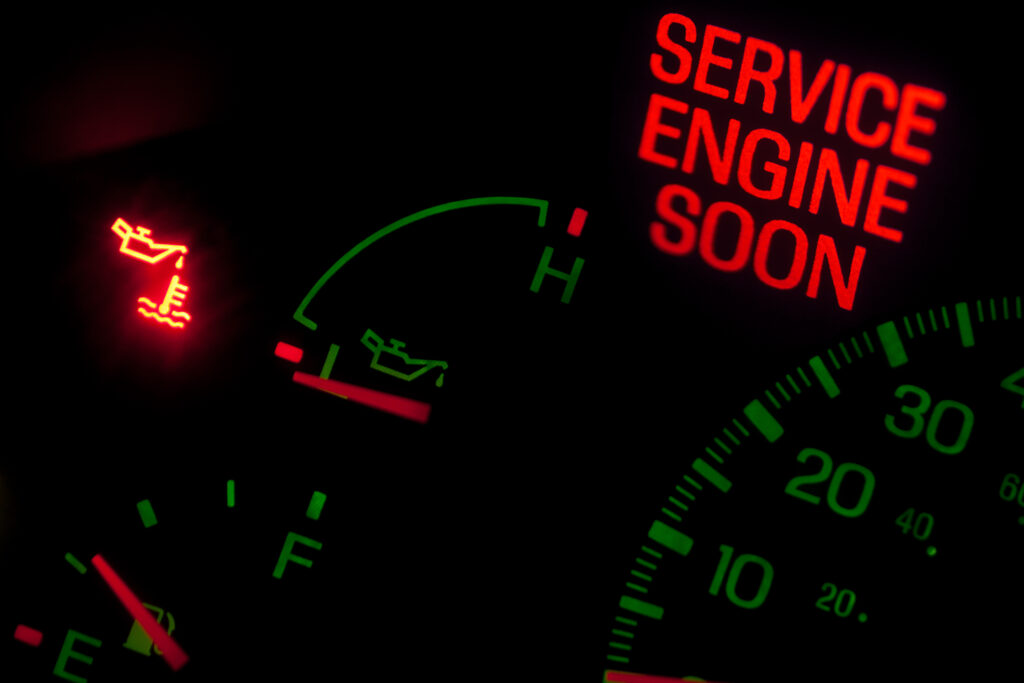
We all have moments in our lives when we experience a breakdown — an occurrence that brings us to our knees. These breakdowns tap out our emotional and physical energy to the point where we have nothing left to give. They leave us feeling overwhelmed and, as a result, unable to focus on our work and the other important components of life.
If you are a high performer, you are out there doing a lot every single day, striving to be great at something. You want to give more to the world. Maybe you’re a student, an athlete or a professional. You might be in your 20s and developing your next path for your career. Or you could be running a company with 150 employees all over the country or world, and every day, you restore order to chaos.
Regardless of our age, profession or stage in life, we all experience the feeling of being overwhelmed, whether it’s emotionally, physically and/or mentally.
My breakdown at the airport
On a recent business trip, I got picked up a little late to get to the airport. We hit a traffic slowdown, and it took us 55 minutes to make the 15-minute drive to the airport. At this point, my boarding time and arrival time were the same. I’m a little bit of a control freak when it comes to traveling, so that upset me a little. I was on the tail end of a long travel schedule and just wanted to get home. That morning, I had gotten up at 5:30 a.m. and then had a 6:00 a.m. meeting. By the time I got into that car later in the morning, I had already lived a full day.
The driver acknowledged that we picked the wrong time to head to the airport, and he began driving like Mario Andretti or Jeff Gordon through the streets of Chicago — speeding, coming to an abrupt stop and speeding up again. My car sickness was leveling up, and my heart was racing. I just wanted to get to the airport. I actually felt calm mentally, but physically, I didn’t feel great.
Once I got to the airport, I got through TSA. Right then, I got a text from someone very close to me about somebody who recently lost their life. And, man, it hit me hard. In a moment when I felt absolutely frozen, I had to run to the gate. I had to cope with this information that just came in while rushing to get on my flight. I am an empathetic person, but at that moment, I was empathizing at an even higher level than I normally would. The news affected me so much that I could barely walk.
I had to stop for a moment to pause and process the information. I had to think of the right way to respond while also dealing with the chaos that normally ensues at a gate before boarding. All I could think about was the person’s family and about the people I love and how news like that would impact our family. For me, that was a breakdown moment. It was too much, even though nothing was happening to me personally. It was happening to the loved ones of someone I cared about a lot, and that was too much.
Once I got seated on the plane, I began listening to a business book, and I genuinely started to zone out. After the first three paragraphs, I stopped Audible and started listening instead to the book Greenlights by Matthew McConaughey. At that moment, I was able to separate myself from the stressful event and feel calm. At that point, iIt was a completely relaxing ride.
Looking back on this experience, I realized a couple of facts. First, everybody experiences these breakdown moments. They blindside us and take us down, and we can no longer continue at the pace at which we were going. And second, I realized that these moments happen for a reason. To explain how they actually benefit us, I like to use the analogy of a car.
Breakdowns in life are like the “Check engine” light in your car
Let’s say your gas light comes on, but you are super busy and just haven’t had time to stop and fill up with gas. That light coming on is a constant reminder that you need to refill your tank or you’ll end up on the side of the road. We are all like that. We need daily or weekly reminders to fill up on whatever it is that we need to function. And sometimes, something malfunctions with your engine, and your “Check engine” light comes on. It could be simply a reminder that you need to change the oil in your car, or it could indicate something more serious.
Now, if you have a Tesla or another model of electric car, I don’t know how that works because I don’t have one. But let’s assume your car needs maintenance. If you drive your car with no oil in it, your engine is going to break down pretty quickly. And if your head gasket is blown, you’re not going to get much farther down the road. But when that “Check engine” light comes on, you probably won’t know at that moment whether it’s a simple problem or a more serious issue. To be safe, you’d be smart to get the car to a mechanic right away. That warning light has let you know that something is wrong, so you need to make it a priority. Once you do that, you can get everything fixed and get back on the road with a high level of confidence that your vehicle is in good condition again.
Breakdowns are the “Check engine” lights in our lives. They tell us when it’s time to stop, reflect and change our priorities. For that reason, the reality is that breakdowns are an important component of success. They let us know when we’ve gotten our lives out of balance. They serve as constant reminders for us to evaluate what we are doing and what we might need to change.
Three steps to take when you experience a breakdown
Here are three steps to take when you get those reality checks in the form of breakdowns. They work for me, and I hope they work for you as well.
1. Acknowledge the “warning”
When I was reading that shocking and sad text I received in the airport, I knew I had to just stop, be present in the moment and process the news. I needed to think of the person who had sent me that text and the other family members who were impacted, I needed to acknowledge what had just happened, and I needed to empathize at a level that went beyond what I had time to do. Acknowledging a breakdown allows us to begin to process it.
- When was the last time you experienced a breakdown in your life — a time when something stopped you in your tracks? Looking back, what was happening in your life that you needed to gain control of or reprioritize?
- If you were to have a breakdown today, how might the “warning” prompt you to make changes in your daily routine, in your communications with others or in some other area of your life?
2. Stop and listen to your mind and body
Once we acknowledge the breakdown, we have to listen to what our minds and bodies are telling us. That pause gives us a chance to process what is happening and how we need to react and feel. It makes us check our priorities and change them, if necessary — and to do a “hard reset.”
Breakdowns tell us, “Stop working for a moment and just listen.” When I feel overwhelmed, I often put on my Hallow app for Catholic meditation and prayer. I use it almost every day. I listen to some meditation and Scripture to get my head in a good spot. By the time I get home, I feel great again. I feel recharged. I’m no longer running on empty. I gain the energy and focus I need to process what’s happening.
Just like with our vehicles, our breakdowns don’t have to end up being serious if we will just acknowledge them as soon as they happen and take a moment to determine what we need to do next. It’s important to make the right choice in these situations, and the right choice might not be the easiest one. Also, as you are determining how to respond during a breakdown, ask for help. It’s not a sign of weakness; it is a sign of strength.
- When things go wrong around you, pay attention. If you are experiencing problems with your family members, friends, colleagues, team members or clients, acknowledge what’s happening. Pause. Examine the situation. What do you need to do to correct it?
- If you are having financial difficulties, acknowledge them. Pause. Examine the situation. Again, what do you need to do to resolve the issues?
3. Remember LIFE balance every day
By now, you are probably familiar with my focus on LIFE optimization — daily prioritization of what I believe are the four most important components of life: love, impact, faith and energy, which form the acronym LIFE. When you make a habit of honoring these four critical components every single day, those breakdowns will probably become less frequent in your life.
Focusing on LIFE optimization enables me to focus on what’s really important every single day so I can get and stay ahead. It keeps me from breaking down on the side of the road. I believe it can help you, too.
- Think about your life today. How well are you honoring love (the people who are most important in your life), impact (the ways you are contributing to the world around you), faith (the higher power in your life) and energy (how you are showing up in the world — your health)? Which area might you be ignoring? What will you do to honor that component of your life more?
- Make it a priority to honor all four of those life components every single day. This can help you avoid breakdowns.
When we learn to cope with the small “warning signals” in our lives, it becomes easier to cope with the bigger ones. When we are better prepared for them, we will feel less overwhelmed.
I have shared here some of the ways I have found to cope with these events. I also enjoy learning how other people cope with challenges. How do you handle breakdowns in your life?



